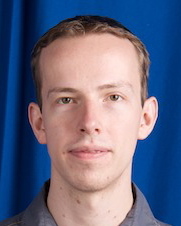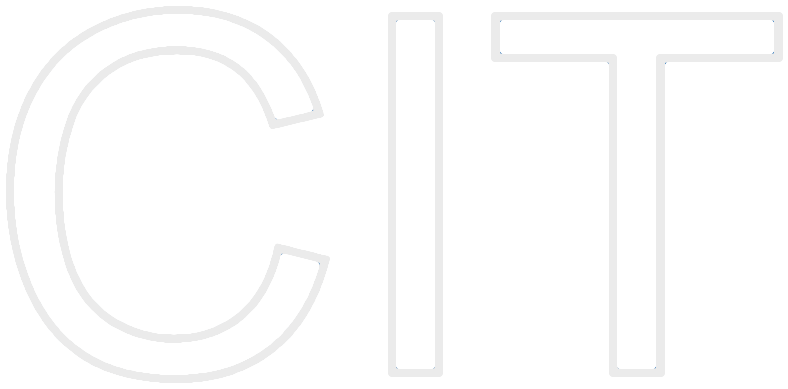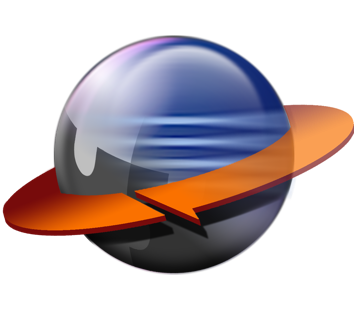Eclipse Plugin Development SS 2012
Info Meeting : 23-Jan-2012 at 12:00hrs. Room : 01.07.014 (seminar room).
Registration Process: Follow the given steps.
- Attend the Info Meeting.
- Send your details (Name, Matrikelnummer, Course, etc.) by mail to (This email address is being protected from spambots. You need JavaScript enabled to view it.)
- Once you get the confirmation from us, register in TUM-online for the lab-course.
NOTE: In case, if you missed the initial meeting, jump to step 2.
Registration is closed for the Summer Semester 2012. If interested, please try again in the next semester.
 |
What is Eclipse? |
Most people knwo Eclipse as a IDE for Java, C++ and other languages. But Eclipse is more than that.
This is what eclipse.org says about the Eclipse platform: "The Eclipse Platform provides the core frameworks and services upon which all plug-in extensions are created. It also provides the runtime in which plug-ins are loaded, integrated, and executed. The primary purpose of the Platform is to enable other tool developers to easily build and deliver integrated tools."
So the Eclipse platform is much more than a Java-IDE. The Eclipse platform is the foundation of many also commercial products, such as IBM Rational Software Architect, including the famous Java-IDE. Besides that, Eclipse is a open-source community similar to Apache, but focused on commercial usage of open-source software. This is a comprehensive description of the different things, Eclipse really is: http://eclipse.dzone.com/articles/eclipse-is…
|
|
What is this course about? |
We will develop plug-ins for Eclipse in weekly iterations. You will get to know the plug-in architecture of Eclipse as well as core technologies such as RCP, SWT, EMF and GEF/GMF. Eclipse and its technologies are an emerging standard platform in many domains and delivers cutting edge technology. You will get in contact with the community of thousands Eclipse developer world-wide and learn how to communicate with them.
The plug-is you develop are not toy examples but plug-ins for the UNICASE Eclipse client, the EMF Client Platform and the EMFStore. These projects are open-source and used by a broad community. So you work on a real problem in a real project environment, providing you with a unique learning experience. In fact you can become contributor or even committer on a real Eclipse Project.
Professor
| Prof. Bernd Brügge, Ph.D. |
Contact
| Jonas Helming | Maximilian Kögel | Nitesh Narayan |  |
Yang Li |
 |
Helmut Naughton |


